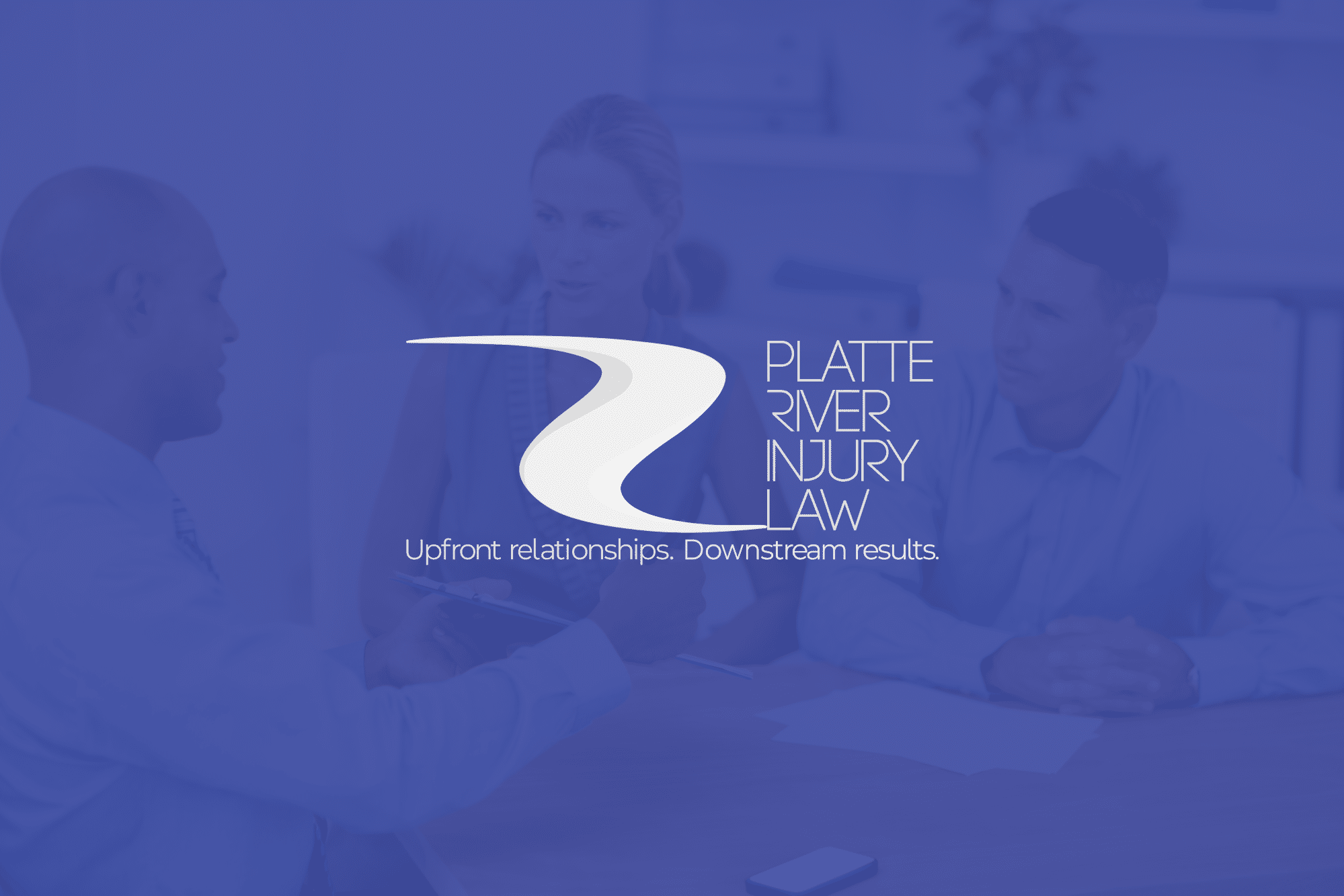In some states, the law sets a maximum recovery amount for certain personal injury claims, also known as a “damage cap.” Many state legislatures implemented damage caps after the tort reform movement of the 1990s. The proponents of tort reform claimed that the risk of frivolous litigation hurt businesses and professionals, particularly medical institutions and physicians, who must maintain expensive liability insurance. Opponents of tort reform have pointed out that successful “lawsuit abuse” is not at all common, despite the popular idea that it is. They maintain that since civil judgments are often Americans’ only redress for lifelong medical costs, it is potentially unjust to limit them by law.
The state of Wyoming does not do this. In fact, the Wyoming constitution specifically states that “no law shall be enacted limiting the amount of damages to be recovered for causing the injury or death of any person.” Art. 10, § 4(a). Therefore, there are no caps on compensatory or punitive damages in Wyoming courts. Unless the state’s voters consent to a constitutional amendment by referendum, this will remain the law.
Courts do, however, apply certain standards to avoid an excessive or disproportionate award of punitive damages. Punitive damages, also called exemplary damages, serve as a form of punishment by the state. As such, the defendant has a right to due process under the United States Constitution, which prohibits “excessive fines.”
Punitive Damage Standards in Wyoming
In personal injury cases, plaintiffs seek compensatory damages—that is, to be made whole and be repaid for what they lost. These include:
- Medical expenses
- Pain and suffering
- Emotional distress
- Property damage
- Lost wages
- Future lost earnings, where applicable
However, plaintiffs can also seek punitive damages when they allege that a defendant acted “outrageously,” committing “willful and wanton misconduct.” The Wyoming Supreme Court defines this as “the intentional doing of an act, or an intentional failure to do an act, in reckless disregard of the consequences and under circumstances and conditions that a reasonable person would know, or have reason to know that such conduct would, in a high degree of probability, result in harm to another.”
Since punitive damages are intended as a deterrent and punishment to the defendant rather than a reward to the plaintiff, the plaintiff’s attorney must focus on proving that the defendant’s behavior and state of mind met the legal standard. It is not an easy one to meet, as courts are cautious about granting awards of punitive damages.
When faced with the possibility of a significant judgment against them, defendants will protect themselves in any way possible. A defendant with the resources to challenge the verdict on appeal can get a punitive damages award reduced or even vacated entirely. If possible, they may also attempt to avoid a Wyoming verdict from the outset.
Challenges to Venue
One way that a defense attorney may attempt to avoid Wyoming damages law is to challenge Wyoming’s jurisdiction. Looking for the most favorable venue for a lawsuit is sometimes called “forum shopping.” The defense will claim that the case cannot be pursued in Wyoming because it should have been filed elsewhere, presumably in a court less friendly to plaintiffs. This can be effective when a defendant is a large corporation operating in multiple states.
As the law in this area continues to evolve, it is important to consult an experienced plaintiff’s attorney. When you discuss the incident with your attorney, they will want to know where all the relevant incidents took place, as well as where you lived and worked at any point during that time.
Settlements and Arbitration
To avoid states considered “plaintiff-friendly,” corporations often try to force private arbitration on customers with language buried in long contracts. Private arbitration is considered more friendly to corporate defendants. If you have a personal injury claim against this kind of defendant, an attorney’s representation is crucial; they may even be able to find grounds for exemption from arbitration.
A settlement, however, may be an acceptable compromise for a plaintiff with proof of egregious behavior by a defendant. Corporate defendants, or individual defendants represented by insurance companies, would rather make a heavy settlement than face the possibility of seven-figure punitive damages or even excessive compensatory damages awarded by a jury. This will provide a relatively quick and favorable conclusion to the process for the plaintiff, allowing them to move on with their life, although the damages will not be “punitive.”
If you believe you may have a case, don’t delay. Wyoming’s statute of limitations provides four years to make a personal injury claim and less in certain cases, such as medical malpractice and assault.
At Platte River Injury Law, a Cowboy Country Law firm, we can provide a free consultation to evaluate your claims. We are Wyoming personal injury attorneys serving clients in Casper, Cheyenne, Gillette, Rawlins, Riverton, and Sheridan. Our office focuses on situations that often involve reckless behavior, such as truck accidents, oilfield injuries, wrongful death suits, and more. We can analyze your claim and determine how to protect your rights and seek justice.
To schedule your appointment, contact us today at 307-215-9724






